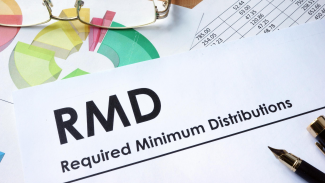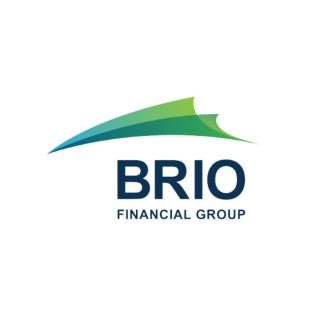
The I.R.S. Has Enhanced the 2020 RMD Waivers
by Brandon Miller on Aug 5, 2020
In March, the Coronavirus Aid, Relief, and Economic Security (CARES) Act became law. It was designed to help Americans impacted by the COVID-19 pandemic.1
The new law offered investors a financial break. It gave people the option to skip required minimum distributions (RMDs) from traditional Individual Retirement Accounts (IRAs) and 401(k)-style plans in 2020. (Original owners of Roth IRAs never have to take RMDs from those accounts.)2,3
Keep in mind that this article is for informational purposes only. It’s not a replacement for real-life advice, so make sure to consult your tax legal and accounting professionals before modifying your RMD strategy.
Some investors were left wanting. People who took some or all of their 2020 RMDs in January were initially prohibited from putting that money back – but lawmakers helped amend that rule.
The Internal Revenue Service (I.R.S.) recently expanded the terms of 2020 RMD relief. Now, 2020 RMDs taken from January 1 to June 30 may be fully or partly restored without penalty, and the deadline for doing so has been extended to August 31.3
The fine print about this is important, especially if you take your RMD in increments or have an inherited IRA in your financial picture.
Do you usually spread your IRA RMD out across the year? Then you may have a chance to restore the RMD amount to your IRA in the same way. In 2020, the I.R.S. is characterizing each redeposit of RMD assets as a tax-free rollover. Normally, you can only make this type of rollover once every 12 months, but the I.R.S. is lifting that restriction for 2020.3
Do you have an inherited IRA? In June, the I.R.S. issued guidance stating that the 2020 RMD waivers also apply to inherited traditional and Roth IRAs. RMDs from inherited IRAs taken in the first half of 2020 may be fully or partly redeposited with no penalties by August 31. The 10-year rule to empty an inherited IRA is still in place, but if an IRA owner passes away in 2020, then the 10-year drawdown of that IRA begins in 2021.2,3
A surviving spouse of the IRA owner, disabled or chronically ill individuals, individuals who are not more than 10 years younger than the IRA owner, and child of the IRA owner who has not reached the age of majority may have other minimum distribution requirements.
Incidentally, RMDs are still required this year from traditional pension plans (sometimes called defined benefit plans). The CARES Act does not permit such RMDs to be redeposited this year.3
A rule about early distributions from retirement accounts has also been relaxed. In 2020, account owners younger than 59½ have a chance to take a distribution of up to $100,000 from their retirement plan or IRA without the 10% early withdrawal penalty that normally applies. The withdrawn amount is still taxable, though.4
The CARES Act is a 335-page law, and some of its provisions and passages remain open to interpretation. A financial professional may be able to provide you with up-to-date information about the new rules.
This material was prepared by MarketingPro, Inc., and does not necessarily represent the views of the presenting party, nor their affiliates. This information has been derived from sources believed to be accurate. Please note - investing involves risk, and past performance is no guarantee of future results. The publisher is not engaged in rendering legal, accounting or other professional services. If assistance is needed, the reader is advised to engage the services of a competent professional. This information should not be construed as investment, tax or legal advice and may not be relied on for the purpose of avoiding any Federal tax penalty. This is neither a solicitation nor recommendation to purchase or sell any investment or insurance product or service, and should not be relied upon as such. All indices are unmanaged and are not illustrative of any particular investment.
The opinions expressed in this article are for general informational purposes only and are not intended to provide specific advice or recommendations for any individual or on any specific security. It is only intended to provide education about the financial industry. To determine which investments may be appropriate for you, consult your financial advisor prior to investing. Any past performance discussed during this program is no guarantee of future results. Any indices referenced for comparison are unmanaged and cannot be invested into directly. As always please remember investing involves risk and possible loss of principal capital; please seek advice from a licensed professional.
Brio Financial Group is a registered investment adviser. Advisory services are only offered to clients or prospective clients where Brio Financial Group and its representatives are properly licensed or exempt from licensure. No advice may be rendered by Brio Financial Group unless a client service agreement is in place.
Citations:
1 - Financial Industry Regulatory Authority (FINRA), April 10, 2020
2 - Forbes.com, March 30, 2020
3 - TheStreet, July 15, 2020
4 – Forbes.com, July 6, 2020
